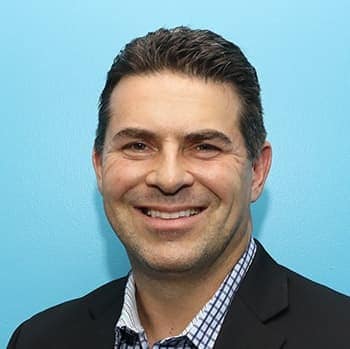Sometimes, I really hate it when Debt.com is right.
We conduct monthly polling about how Americans feel about their finances. May was Mental Health Awareness Month, so we asked 1,000 adults about their financial stress and anxiety. Not surprisingly, two-thirds reported that the recent economic uncertainty – tariff talk, lingering inflation, possible recession – has harmed their mental health. That saddened me, but it also energized me.
The sad part
Sometimes, I’m asked if our polling is scientifically accurate. It is, but here’s a way to prove it: A month after our poll, Northwestern Mutual conducted its own research on the topic. Their results closely track with ours…
“69% say that financial uncertainty has made them feel depressed and anxious,” Northwestern Mutual said. That’s only slightly higher than Debt.com’s 66%.
Some direct comparisons are difficult because we asked our questions differently. For instance, Debt.com asked if personal debt was affecting Americans’ social lives, and 53% said yes. Northwestern Mutual says, “55% say their financial concerns have caused them to miss out on a social event.” Still, an eerily similar result.
The energized part
One result is exactly on point. Jeff Sippel, Northwestern Mutual’s executive vice president, concluded from his company’s research…
It’s much easier to have healthy relationships, sleep habits, and a social life when you’re feeling confident about your money. As an industry, we must work harder to help all Americans build plans for greater financial security. Financial planning should be the number one topic on every newsstand and at every dinner table, because so few of us feel like it’s a strength.
I completely, totally agree.
It’s almost impossible to have financial security without financial education. The news media is replete with stories of lottery winners who lost it all in a matter of years or even months, because they simply didn’t know how to save, invest, and wisely spend that money.
The good news is that it’s easy – and inexpensive – to restore your financial mental health. In fact, it can even be free. When you call Debt.com, you can receive a free, in-depth debt analysis from a certified credit counselor. You’ll also get a list of debt-busting options, from do-it-yourself to professional solutions that cost a small fee – which will be dwarfed by your savings.
Whenever I tell folks this part, I’m sometimes asked, “This sounds too good to be true. What’s the catch?” Quite literally, there isn’t one. In a strange twist of fate, personal debt has become such a widespread problem in this country that the federal government, nonprofits, and private businesses have often joined forces to address the problem. In other words, through sheer experience, we’ve all become quite efficient at dealing with personal debt.
Call us, call somebody
If you don’t call Debt.com, I urge you to call another debt-solutions company. Just make sure that company has been around for at least a decade (which shows they know what they’re doing) and has excellent online reviews (which shows their clients are happy). Also see if they have an A-plus rating with the Better Business Bureau, and check out their About Us page to ensure the staff has experience destroying debt.
Obviously, Debt.com has all that. For the sake of your mental health, don’t call anyone who doesn’t.












